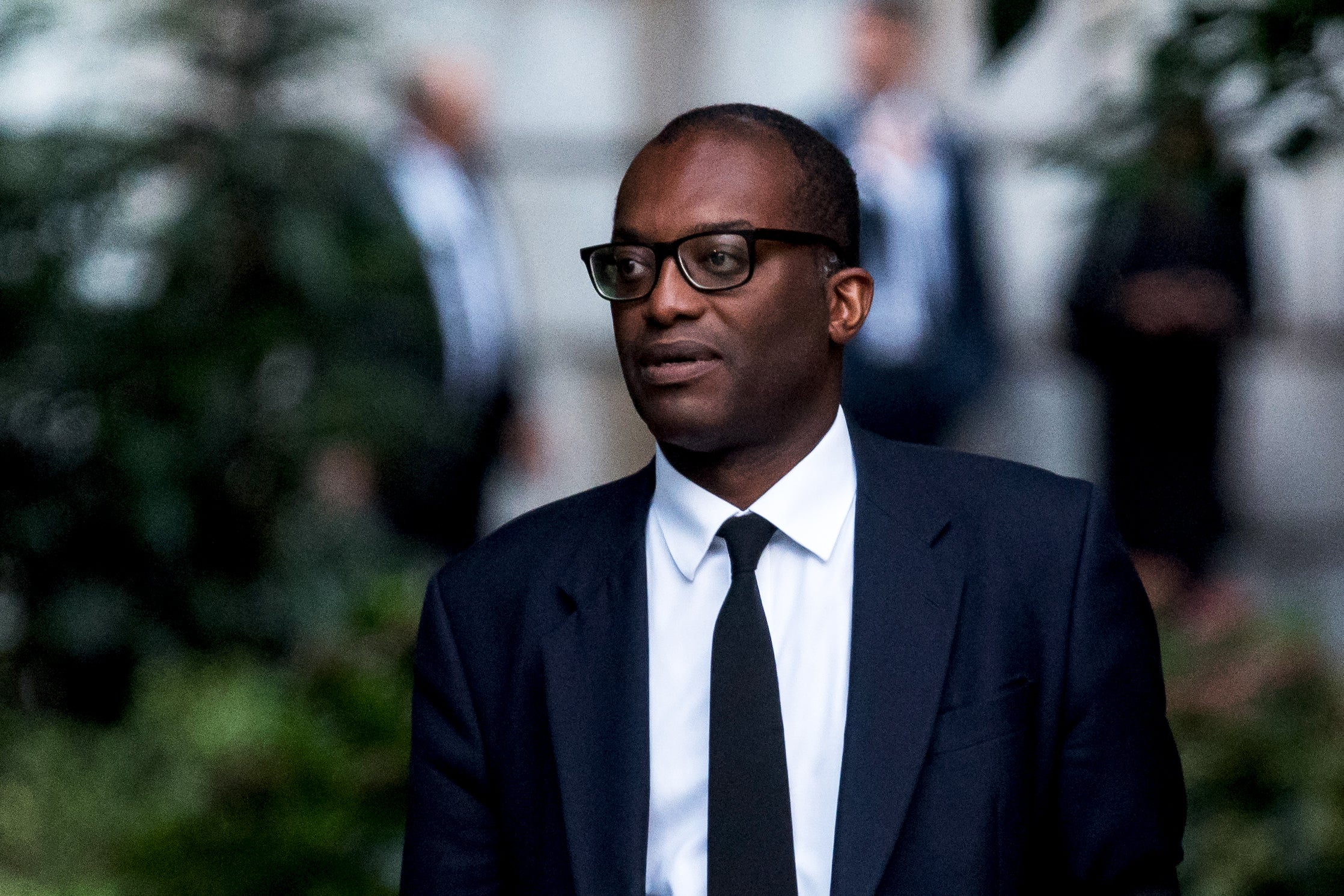
In a polling shift every bit as dramatic as that which followed Black Wednesday in 1992, the Conservative Party, which gathers in Birmingham for its conference this weekend, finds itself in serious electoral trouble. Five polls conducted in the past 48 hours show that not only have voters reacted adversely to the “mini-Budget”, but also that their confidence in the government has been shaken by the ensuing market chaos.
On average those five polls put Labour on 49 per cent, 22 points ahead of the Conservatives on 27 per cent. This is by far the biggest polling deficit that the Conservatives have faced since David Cameron first entered Downing Street after the 2010 general election. Indeed, one has to go back to the days of John Major’s ill-fated government in the 1990s to find anything comparable.
We already knew from polls conducted in the immediate wake of Kwasi Kwarteng’s statement that it had cost the Conservatives support. Although they varied in scale, between them those polls put the Tories on 30 per cent, down two points on the position immediately before the fiscal event, with Labour on 45 per cent (up four points).
Voters regarded the statement as unfair and were doubtful about its effectiveness. Implementing tax cuts that primarily benefited affluent voters looked brave in light of the British Social Attitudes survey published this month, which showed that there is now greater concern about inequality. In the event, 57 per cent of voters told YouGov that the mini-Budget was “unfair” and only 19 per cent that it was “fair”. Even those who voted Conservative in 2019 were inclined to think the same. This represented the most adverse judgement on the fairness of a budget since the Tories came to power in 2010.
Meanwhile, even though most voters welcome the cuts in National Insurance and to the basic rate of income tax, just 9 per cent said the measures would make Britain or themselves “better off”, while just 15 per cent believed they would deliver growth. At the same time, much like the markets, most (60 per cent) were of the view that the package was “not affordable”.
What the polls tell us is that the market reaction has undermined the popularity of the Conservatives and the economic package yet further. Tory support has fallen another three points, while Labour is up another four. Overall, there has been a swing as large as 6.5 points from the Conservatives to Labour in the course of the past week. That is substantially bigger than the 3.5-point gap that emerged in the immediate wake of Black Wednesday, the last time the markets lost faith in the sustainability of a Tory government’s economic stance – though on that occasion the swing had increased to as much as 7.5 points within a few weeks.
Meanwhile, voters have become even more critical of the fiscal announcement. A YouGov poll yesterday (29 September) showed that just 10 per cent believe it is fair, while 64 per cent believe the cuts are unaffordable. At the same time, confidence in Liz Truss’s performance as Prime Minister has taken a severe hit. According to pollsters Redfield & Wilton, the proportion who disapprove of how she is doing her job has risen by 15 points (to 42 per pent) in a week, leaving her with a net approval score of -14.
Of course, we have to bear in mind that at the same time as the government was in perilous waters, Labour was having a good conference in Liverpool. Good conferences often give the party in question a temporary bounce, so perhaps we should not be surprised if in the not-too-distant future Labour’s score falls back somewhat.
But the key question now is whether the events of this week have inflicted permanent damage on the Conservatives’ reputation for economic competence. That is what, above all, proved to be the long-term legacy of Black Wednesday.
The warning signs are certainly there – not that the Tories’ reputation was particularly strong in the first place. Redfield & Wilton was not alone in last week reporting that Labour was neck-and-neck with the Conservatives when voters were asked who they trusted most to manage the economy. But now the proportion who nominate the Tories has fallen by eight points to just 24 per cent, while Labour, which itself is up three points, is ahead on 36 per cent. Though it asked different questions, Ipsos also reported that many more voters trusted the Conservatives than Labour to grow the economy last week; now, rather more trust Labour than the Conservatives to have the right economic policies.
Liz Truss badly needed to get her premiership off to a good start. She inherited a party that was already ten points behind in the polls. In contrast to her three predecessors, her accession to the Tory leadership had failed to produce much in the way of a bounce. Meanwhile, voters were still making up their mind about a politician who a few weeks ago was unfamiliar to many of them.
However, the question we are now asking is whether she has, with her mini-Budget, hung an albatross around her party’s neck.
[See also: Britain Predicts: Who will win the next election?]


